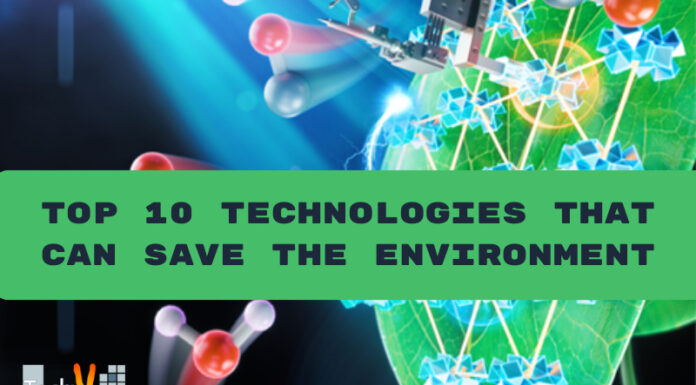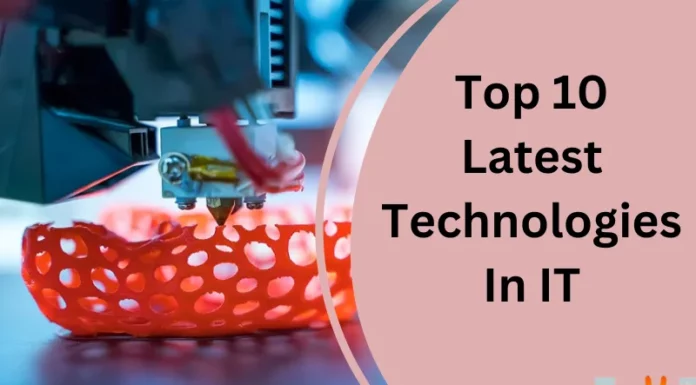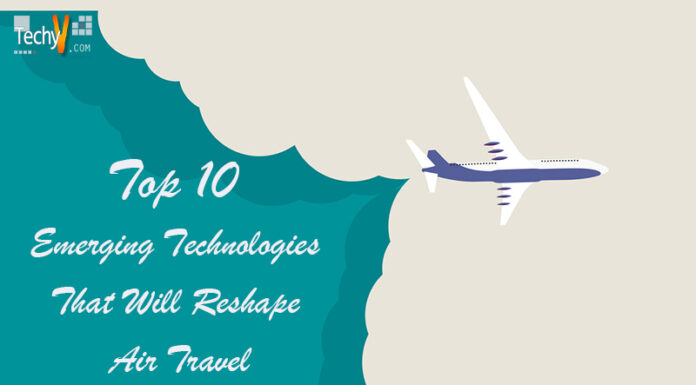The intersection of Information technology and biotechnology can revolutionize the field of healthcare. This has led to breakthrough results in various areas ranging from drug discovery to personalized patient care. With = the latest technological advancements, such as artificial intelligence (AI), machine learning (ML), and data analytics, biotechnology has the potential to accelerate the drug discovery process to develop more effective therapies and improve patient outcomes.
Furthermore, with the use of wearable technology and other devices, the technology can provide real-time data on patient health, enabling more personalized and effective care to patients. However, integrating information technology and biotechnology also faces challenges, like data privacy insurance and security, navigating regulatory requirements, and overcoming technical hurdles. All in all, we can state that the intersection of information technology and biotechnology, has emerged as a driving force of innovation in improving human health.
Biotechnology and artificial intelligence (AI) are merging to create a revolutionary effect in the fluctuating field of healthcare. In this article we will try to delve into the remarkable influence of this cutting-edge technology, paving a new path in customized medicine, drug development, and improved patient outcomes.
1. Data Management And Analysis
The biotech industry is producing amounts of data which can be challenging in the management and analysis of this data. In such cases, software development can make a significant impact. Such tools can be created that can handle massive data records and provide meaningful insights into them. It can help mitigate the time and cost involved in drug development. These tools can help biotechnical companies analyse massive amounts of data in order to predict efficacy, identify potential drug targets, , and optimise clinical trial design.
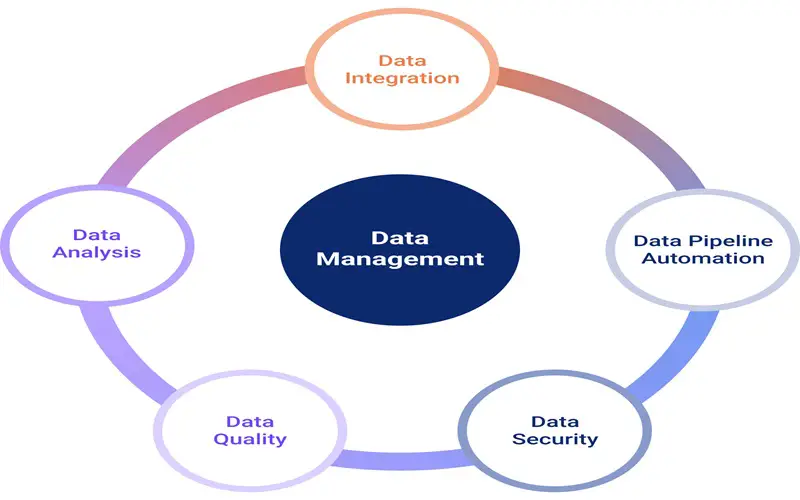
2. Machine Learning And AI
Machine learning (ML) and artificial intelligence (AI) have made remarkable efforts in the past few years and undoubtedly have that potential to revolutionize the entire biotech industry. These technologies can be fruitful in identifying patterns in large datasets and predicting outcomes. Companies can use machine learning for the identification of potential drug targets, prediction of drug efficacy, and improve patient outcomes. Artificial Intelligence can be utilized for designing clinical trials, automating laboratory processes, and streamlining drug development. Cloud computing is another such technology that has opened up new possibilities and opportunities for this industry through the provision of cost-effective ways to store and analyse large datasets enabling researchers to collaborate in real time. Cloud computing also provides a platform for biotech companies to develop and test new software tools without spending and investing much on costly infrastructure.
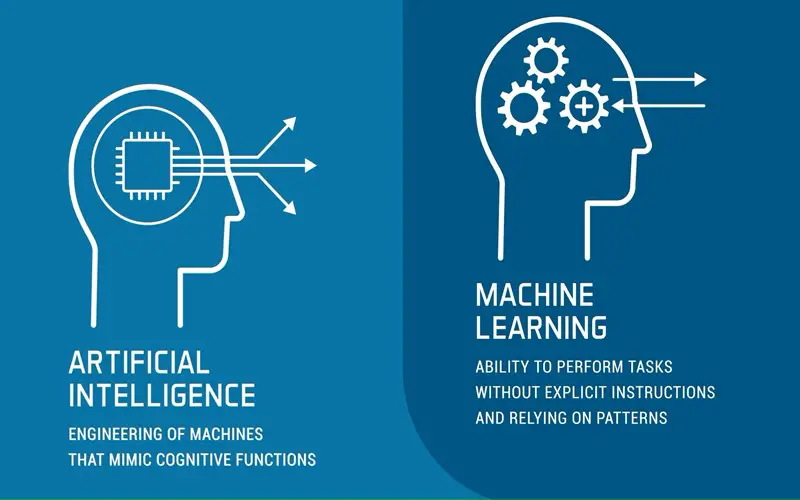
3. Mobile And Web Applications
Everybody owns a smartphone these days. Mobile and web applications can help patients track their health and enable biotech companies to collect data in real time. Mobile applications can be used for monitoring patient compliance, tracking dose usage, and reporting in case of any adverse events. Web applications can collect patient-reported outcomes, automate data entry, and monitor clinical trials. Technology can help you develop customized web and mobile applications tailored to the specific needs of the biotech industry.
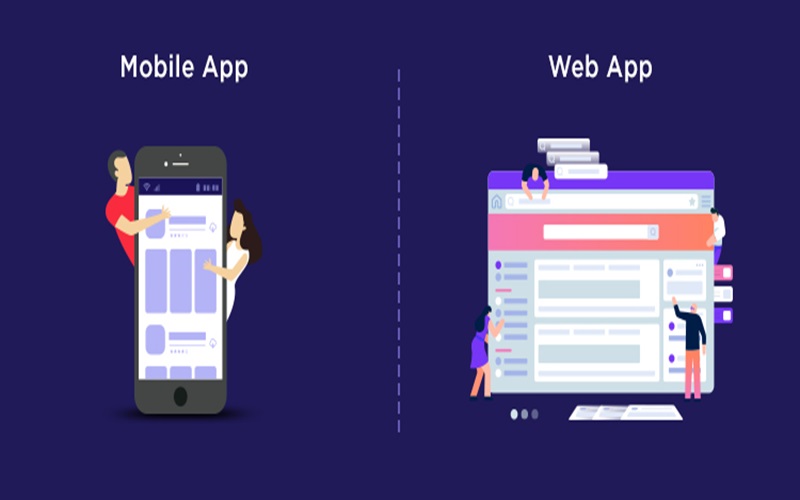
4. Drug Discovery On Fast Forward
Models based on artificial intelligence are cutting down on time duration and expenses typically involved in introducing a novel medicine to the market, revolutionizing the field of drug development. Artificial intelligence (AI) predicts possible medication candidates through large databases. This speeds up the process of finding exciting molecules to study further.
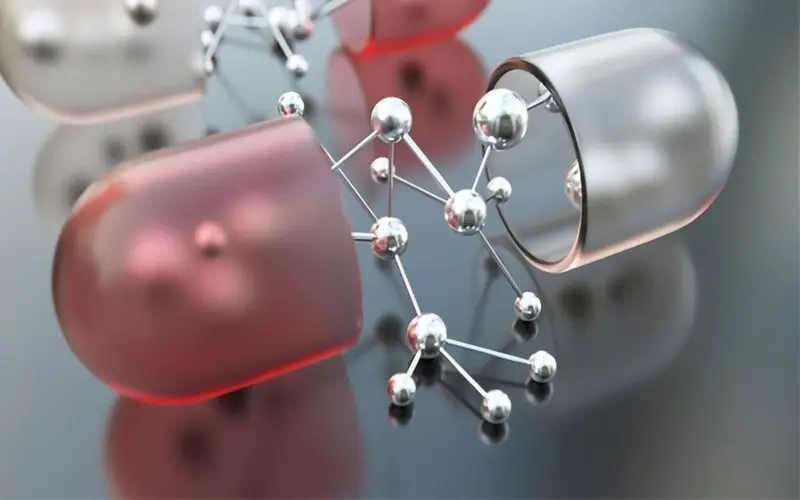
5. Diagnosis Redefined
With the help of medical practitioners, machine learning algorithms have helped in improving diagnostic accuracy by interpretation of complex data sets, medical imaging and pathology slides. The outputs of these resulted in faster and more precise diagnoses, which eventually resulted in better treatment plans.
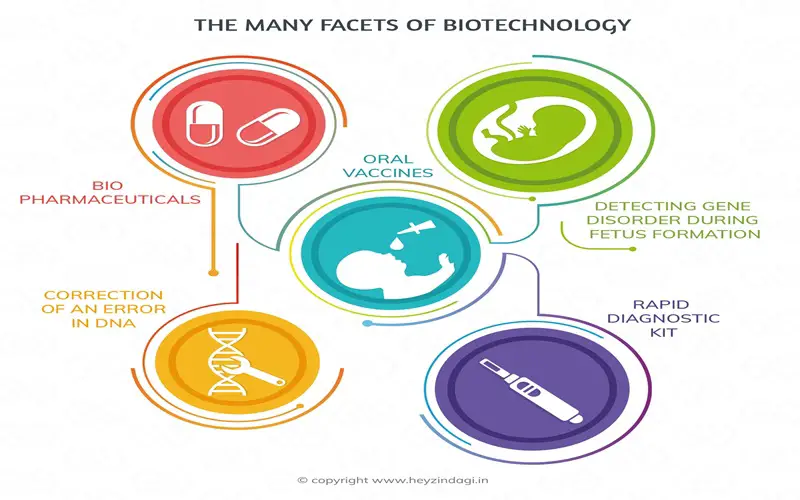
6. Remote Patient Monitoring
Wearable technology and sensors with AI analytics have made this possible remote monitoring possible. With a transforming shift in approach from reactive to proactive healthcare, doctors now have better pieces of equipment to act quickly to prevent problems and improve patients’ overall quality of life. The COVID-19 pandemic which caused a significant concern across the globe has highlighted the need for virtual clinical trials and remote monitoring. Software development companies with expertise in telemedicine and remote monitoring can help biotech companies design and implement such solutions, creating space for cost-effective and efficient drug development and clinical research. Such teams can help you build user-friendly and secure telemedicine platforms that enable virtual consultations, remote monitoring, and personalized patient care.
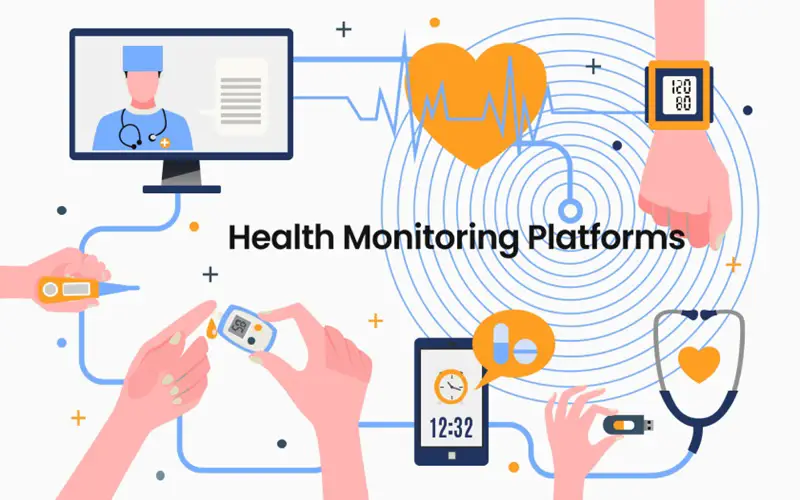
7. Predictive Analytics In Healthcare Management
Through artificial intelligence, healthcare management can be regulated by forecasting disease outbreaks, patient admission rates, and resource usage. These findings are used by hospitals and healthcare systems to improve preparation and allocate resources optimally.
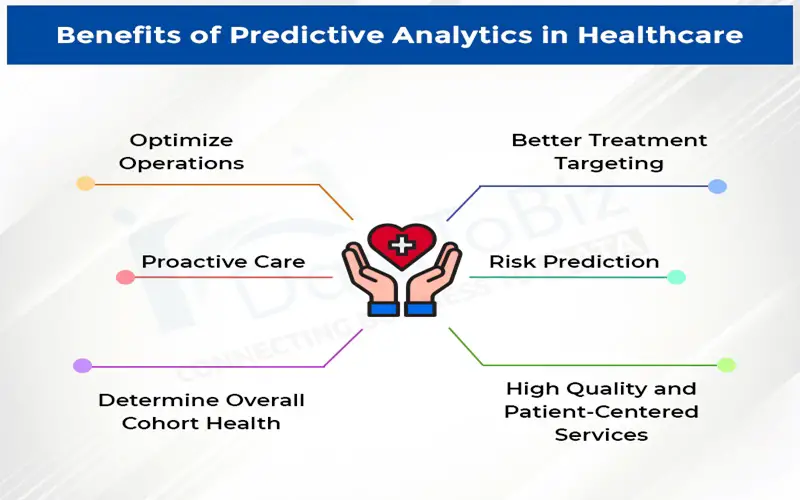
8. Enhanced Drug Personalization
The collaboration of AI and Biotechnology has resulted in discovering particular biomarkers that indicate how a disease responds. Drug personalization is made possible by this level of technology, guaranteeing not just efficient therapies but also customized to each patient’s biological profile.
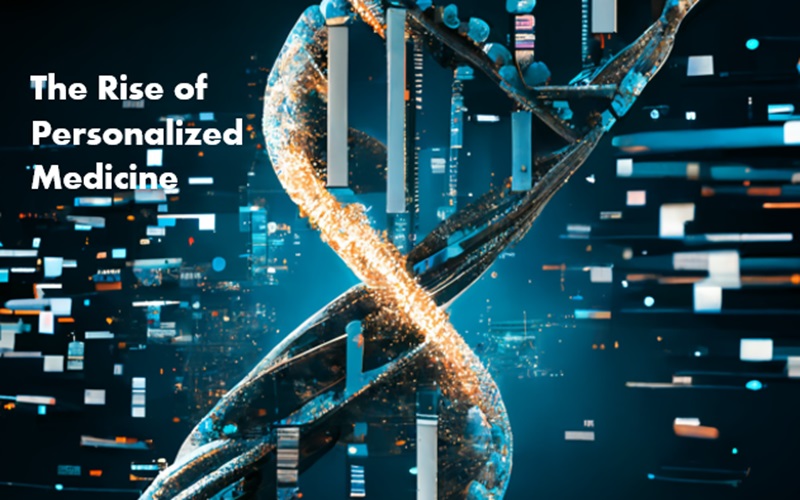
9. Cybersecurity
Technical companies rely more on digital systems to save and process sensitive data, hence they are more vulnerable to cyberattacks. Companies with expertise in cybersecurity can help technical companies provide a safe and secure IT infrastructure, protect against data breaches, and comply with industry regulations. Ways and Means Technology is one such company that can take cybersecurity seriously. It is essential to realize the significance of data privacy and security in the biotech industry.

10. Data Security And Ethical Considerations
Biotech companies generate and have to manage massive data records through their research. Software development companies help these companies to make sense of this data. This could incorporate machine learning, data visualization, and predictive analytics. The paper explores the crucial data security topics and ethical considerations as healthcare becomes more digitally oriented. In this revolutionary age, protecting patient data and guaranteeing ethical AI use are vital.
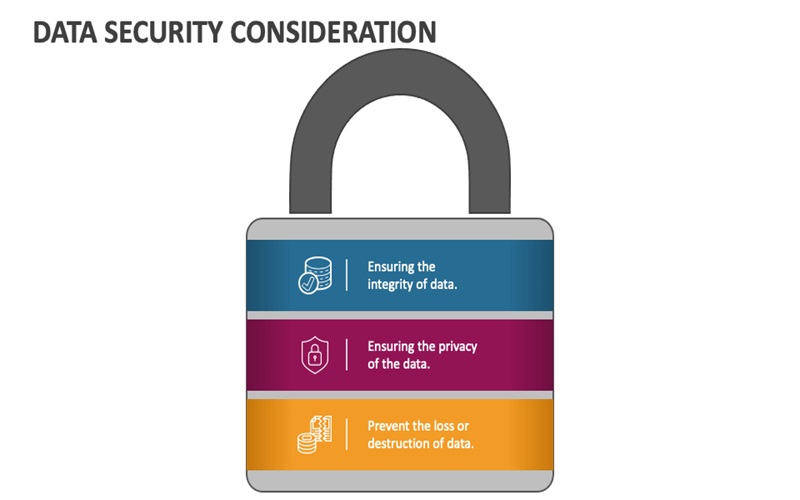
Conclusion
Healthcare scenarios are changing because of the link between biotechnology and AI. This deep investigation has created a vision and promised a future where healthcare is more efficient, individualized, and patient-centred. Biotech and AI working together point the way towards a future where people are healthier and more connected as we navigate this ever-changing terrain.




